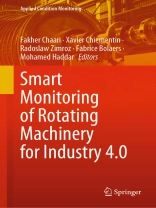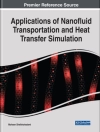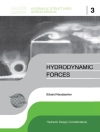This book offers an overview of current methods for the intelligent monitoring of rotating machines. It describes the foundations of smart monitoring, guiding readers to develop appropriate machine learning and statistical models for answering important challenges, such as the management and analysis of a large volume of data. It also discusses real-world case studies, highlighting some practical issues and proposing solutions to them. The book offers extensive information on research trends, and innovative strategies to solve emerging, practical issues. It addresses both academics and professionals dealing with condition monitoring, and mechanical and production engineering issues, in the era of industry 4.0.
Spis treści
Vulnerabilities and fruits of smart monitoring.- A tutorial on Canonical Variate Analysis for diagnosis and prognosis.- A structured approach to machine learning for condition monitoring.- A structured approach to machine learning for condition monitoring: a case study.- Dynamic Reliability Assessment of Structures and Machines Using the Probability Density Evolution Method.- Rotating machinery condition monitoring methods for applications with different kinds of available prior knowledge.- Model Based Fault Diagnosis in Bevel Gearbox.- Investigating the electro-mechanical interaction between helicoidal gears andan asynchronous geared motor.- Algebraic estimator of damping failure for au-tomotive Shock Absorber.- On the use of jerk for condition monitoring of gearboxes in non-stationary operations.- Dynamic remaining useful life estimation for a shaft bearings system.
O autorze
Prof. Fakher Chaari,
National School of Engineers of Sfax, Mechanics Modelling & Production Lab, Sfax, Tunisia
Prof. Xavier Chiementin,
University of Reims Champagne-Ardenne, Institut de Thermique, Mécanique, Reims, France
Prof. Radoslaw Zimroz,
Wrocław University of Technology, Faculty of Geo Engineering. Mining and Geology, Wrocław, Poland
Prof. Fabrice Bolaers,
University of Reims Champagne-Ardenne, Institut de Thermique, Reims, France
Prof. Mohamed Haddar,
National School of Engineers of Sfax, Sfax, Tunisia












